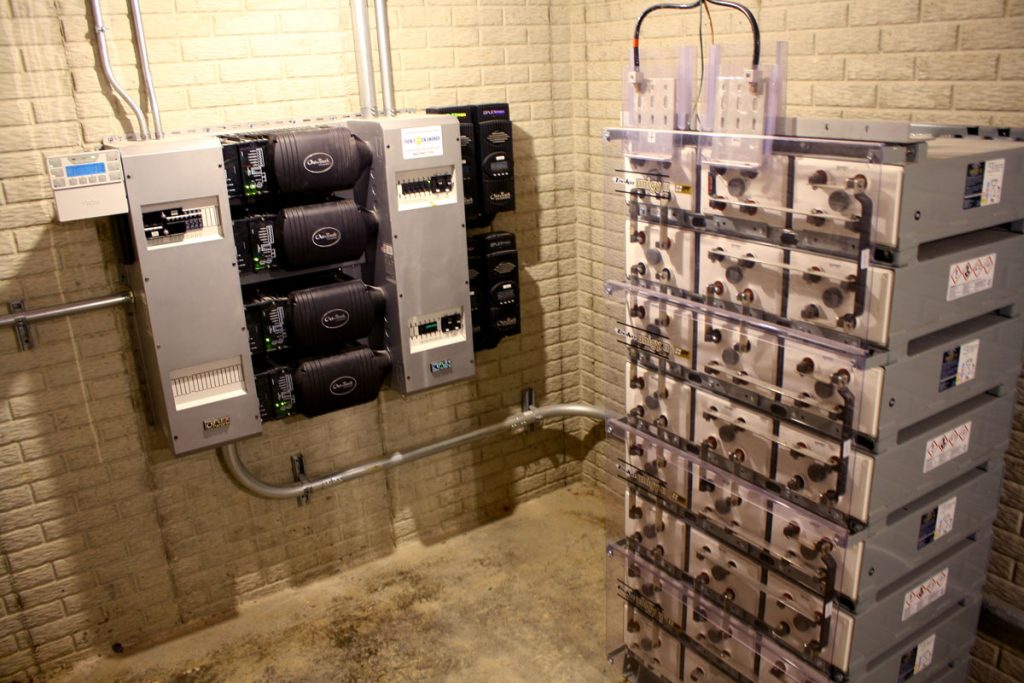Keeping the Power Flowing Essential Maintenance Tips for Electrical Cabins
Electrical cabins play a crucial role in the distribution of electricity, serving as hubs for controlling and managing power flow in residential, commercial, and industrial settings. Proper maintenance of these cabins is essential to ensure reliability, safety, and efficiency. Here are some essential maintenance tips to keep your electrical cabin in optimal condition.
- Regular Inspections:
Conducting regular inspections is fundamental to maintaining an electrical cabin. Schedule routine checks at least once a month to identify potential issues early. Look for signs of wear, corrosion, or loose connections. Ensure that all doors and access points are secure, as this helps protect the equipment from environmental factors and unauthorized access.
- Cleaning:
Dirt and dust can accumulate in electrical cabins, leading to overheating and equipment failure. Regularly clean the interior and exterior of the cabin, focusing on vents and air filters to ensure proper airflow. Use non-conductive materials to avoid accidental short circuits. Additionally, clear any debris around the cabin to maintain accessibility and safety.

- Cable Management:
Proper cable management is crucial for preventing electrical hazards. Organize cables neatly and securely to avoid tangling and potential damage. Use cable ties, trays, or conduits to keep cables separated and protected. Inspect cables for fraying, cracks, or signs of overheating, and replace any damaged cables promptly.
- Equipment Testing:
Regular testing of circuit breakers, transformers, and prefabbricati per cabine elettriche other equipment is essential for maintaining functionality. Implement a routine testing schedule for all electrical components to ensure they are operating correctly. Utilize thermal imaging to identify hot spots that could indicate potential failure points. This proactive approach can help prevent costly outages.
- Safety Equipment:
Ensure that safety equipment, such as fire extinguishers, emergency lighting, and first aid kits, are readily accessible and in good working condition. Regularly check the expiry dates of safety equipment and replace items as necessary. Staff should be trained on emergency procedures and know how to use the safety equipment effectively.
- Documentation:
Maintain detailed records of all maintenance activities, inspections, and repairs. This documentation helps in tracking the cabin’s performance over time and can be invaluable during audits or safety inspections. Keep an inventory of spare parts and equipment to facilitate quick repairs when needed.
- Professional Servicing:
Finally, consider engaging professional services for complex maintenance tasks or inspections. Qualified electricians can provide insights and perform checks that may be overlooked during routine inspections. They can also ensure that all work is compliant with local regulations and standards.
By following these essential maintenance tips, you can keep your electrical cabin running smoothly, reducing the risk of downtime and ensuring a continuous power supply. Regular upkeep not only extends the lifespan of equipment but also enhances safety for everyone involved.